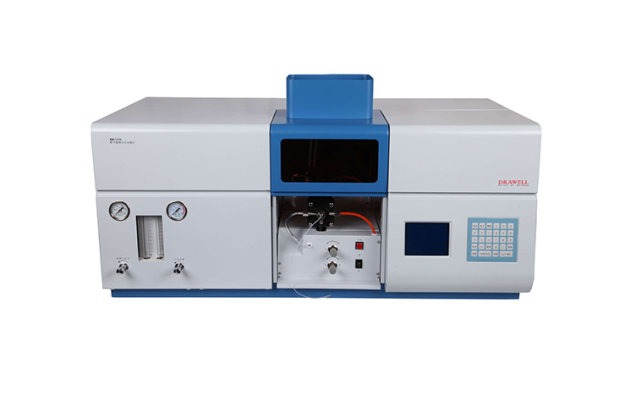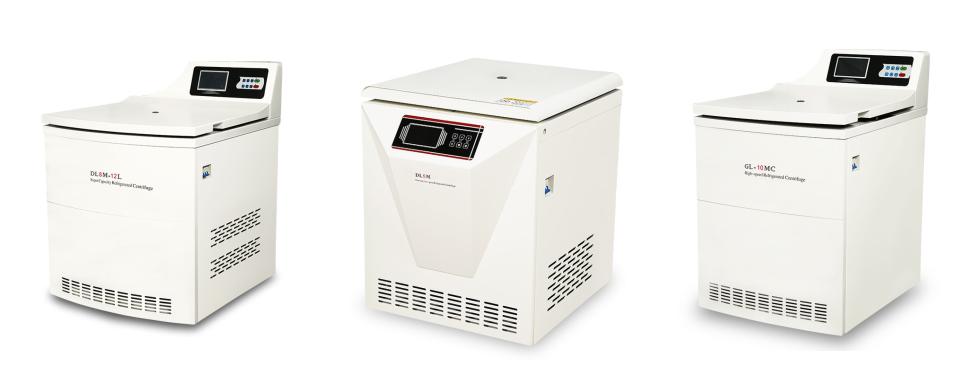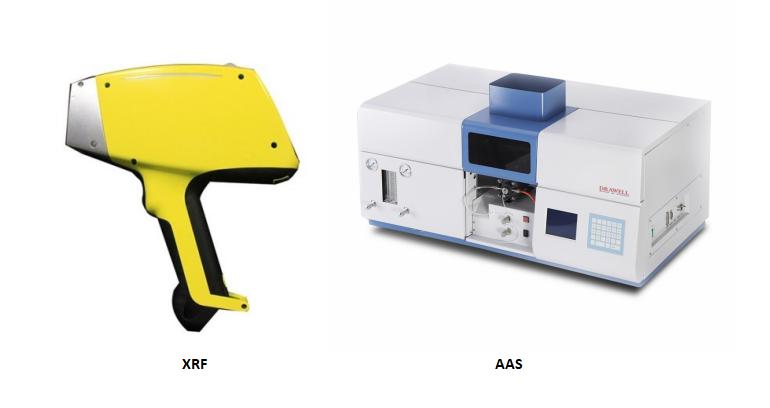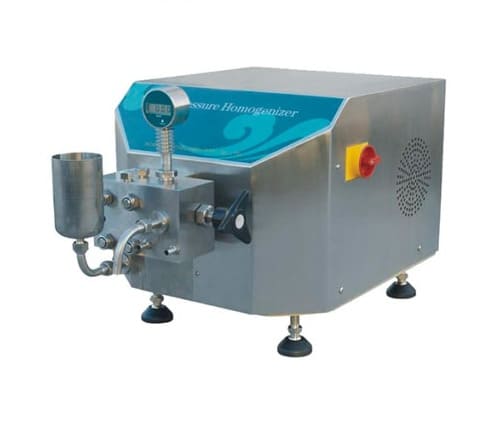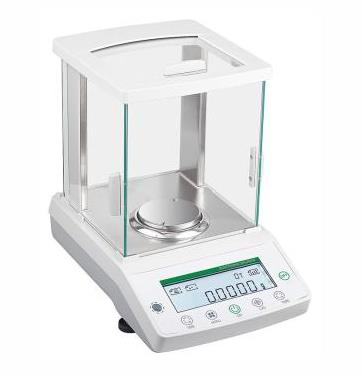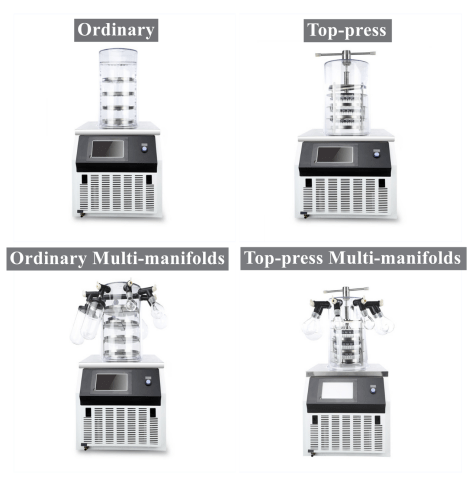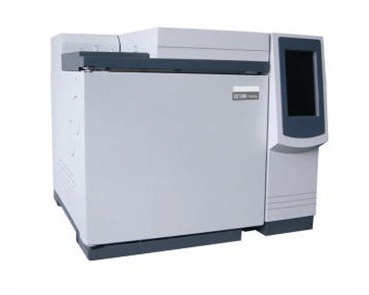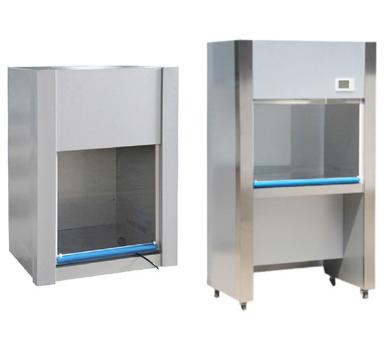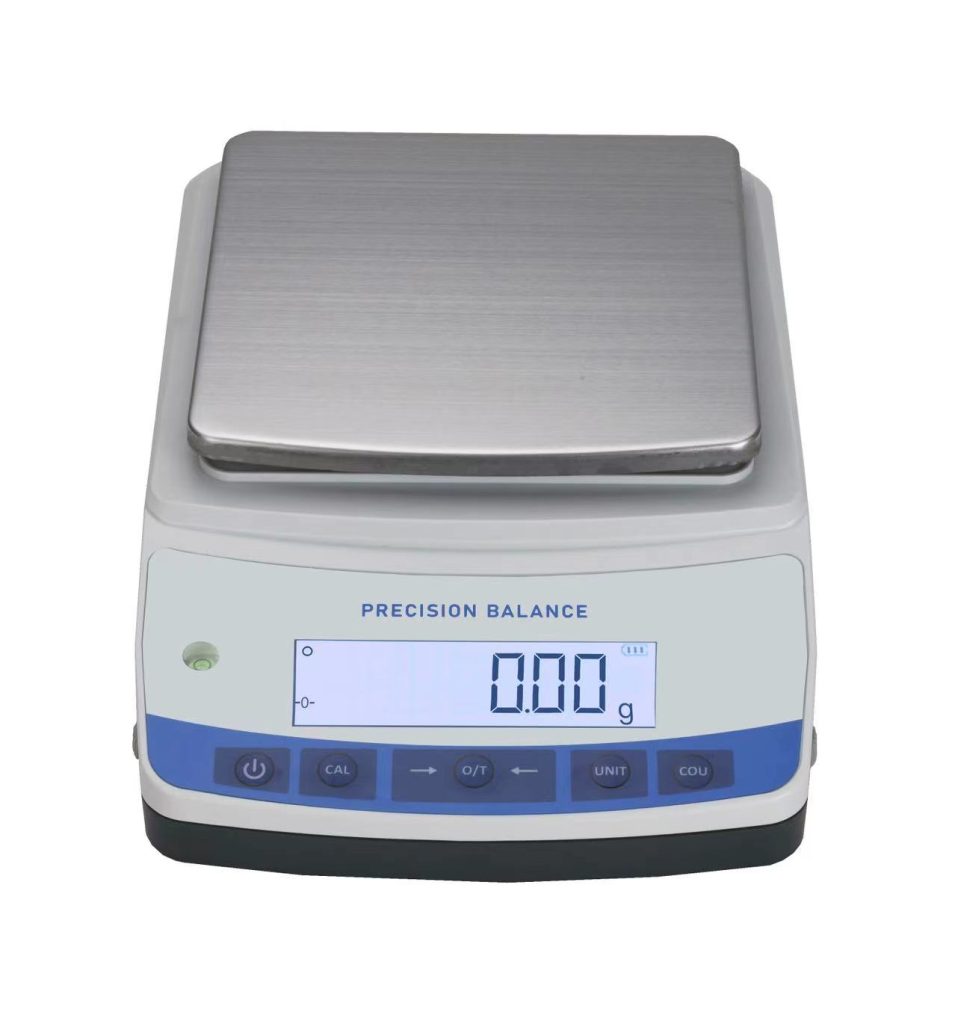News
AAS Analysis for Heavy Metals: Unveiling the Influence in Environmental and Health Concerns
Heavy metals, characterized by their high density and potential toxicity, are ubiquitous in the environment. While some heavy metals are essential for biological processes in trace amounts, excessive concentrations pose severe threats to human health and the environment. Monitoring heavy metal levels is crucial to identify contamination sources, assess risks, and implement effective remediation strategies….
Floor Model Centrifuges: The Workhorses of Biomedical Research
In the bustling world of biomedical research, where unraveling the mysteries of life demands precision and efficiency, few instruments work as tirelessly and effectively as floor model centrifuges. These behemoths of the lab bench stand tall, their powerful rotors spinning at dizzying speeds to separate, concentrate, and purify biological samples. From isolating delicate viruses to…
Columns Used in HPLC: Different Types and How to Choose
High-Performance Liquid Chromatography (HPLC) is a powerful analytical technique widely used in pharmaceutical, environmental, and food industries for separating, identifying, and quantifying chemical compounds. The heart of any HPLC system is the column, where the separation of components occurs based on their interactions with the stationary phase. Among the various types of columns used in HPLC,…
From Soil to Metal: Diverse Applications of XRF vs. AAS
In the realm of elemental analysis, two powerful techniques reign supreme: X-ray fluorescence (XRF) and atomic absorption spectroscopy (AAS). Both unveil the hidden secrets of a material’s elemental composition, but each shines brightest in different applications. From fertile fields to gleaming metals, let’s delve into the unique strengths of XRF and AAS, exploring their diverse applications…
Understanding High-Pressure Homogenizers: Efficiently Achieving Particle Size Reduction and Product Homogenization
The high-pressure homogenizer is a technological marvel in industrial processing, revolutionizing the way various substances are treated and transformed. This adaptable piece of machinery is essential in industries ranging from food and pharmaceuticals to cosmetics and biotechnology. In this article, we’ll delve into the complexities of high pressure homogenizers, investigating their working principles, applications, and impact…
In Pursuit of Precision: A Deep Dive into the World of Precision Balances
In the delicate dance of scientific inquiry, where accuracy reigns supreme and the slightest deviation can sway the interpretation of entire experiments, precision balances stand as steadfast partners. These intricate instruments, often shrouded in the sterilized confines of laboratories and research facilities, are the unsung heroes of countless discoveries and technological advancements. But what exactly are…
What are the Applications of Freeze Dryers?
Freeze drying, also known as lyophilization, is a process that removes moisture from food, pharmaceuticals, and other perishable materials to extend their shelf life and preserve their quality. The key tool in this process is the freeze dryer, a versatile piece of equipment with applications spanning various industries. In this article, we explore the advantages…
What are the 10 Key Applications of Gas Chromatography?
Because of its extraordinary capacity to separate, identify, and measure chemical components within complicated mixtures, gas chromatography (GC) is a strong analytical technique widely employed in a variety of scientific domains and enterprises. This technology, which is based on the principles of gas-solid or gas-liquid chromatography, is an invaluable tool for both researchers and professionals. In…
The Pivotal Role of Biosafety Cabinet for Cell Culture: Enhancing Laboratory Safety
Cell culture is a critical component of biological research because it allows scientists to study and manipulate cells in a controlled environment. However, it is critical to ensure the safety of both researchers and the surrounding environment. Biosafety cabinets (BSCs) are critical in cell culture laboratories for maintaining aseptic conditions and limiting the spread of pollutants. In…
15 Frequently Asked Questions About Electronic Analytical Balances
In the process of using an analytical balance, we will encounter various technical problems. In this article, we address some of the frequently asked questions that you may have encountered or wondered about. 15 Detail Frequently Asked Questions 1. Must a dedicated balance room be established in the laboratory to place a 0.001 balance? Can…


